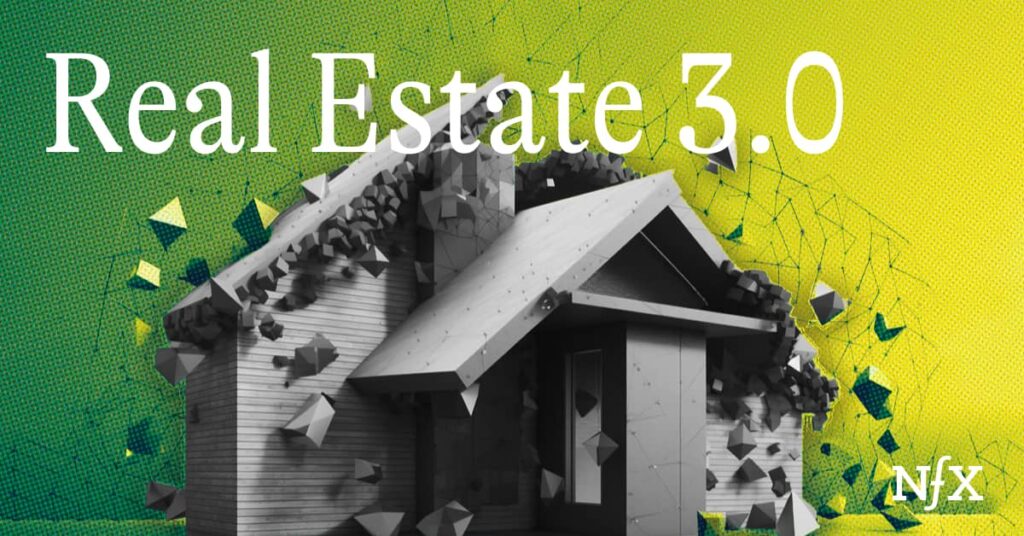Web 3.0 or Web3 refers to the third generation of the World Wide Web (WWW). While still under development, its vision envisions an open web with greater utility for its users.
Web 2.0 refers to the second and current generation of the internet (commonly used interchangeably with “web”) that most of us know and are comfortable using. It evolved out of Web 1.0 from the 1990s and early 2000s. Web 2.0 can be thought of as our common experience of “the web”.
World Wide Web refers to the core information retrieval system on the internet; WWW initials used (and still do in many instances) preface web addresses when searching online; they were among the initial characters typed in when looking up specific resources online. Tim Berners-Lee is widely recognized for coining this phrase describing global networks of resources linked through hypertext links that form the Internet’s core.
Web 3.0 embraces an “earn as you learn” philosophy by nurturing creativity among learners and providing them with the platform necessary to showcase it. Learners can become NFT creators without facing any restrictions regarding age or educational requirements before undertaking such creative ventures.
Web 3.0, the next evolutionary segment of the internet, marks an exciting era of connectivity, transparency and decentralization that promises to revolutionize traditional practices while improving asset ownership experiences overall. Let’s delve into its key features and their profound impacts in real estate today.
Web 3.0 is poised to revolutionize the real estate industry by introducing a decentralized, transparent, and user-centric approach to property ownership and management.
Here are some of the key ways Web 3.0 is transforming real estate:
I. Tokenization:
Democratic Property Ownership: One of the fundamental concepts in Web 3.0 real estate investment is tokenization, enabled through blockchain technology that facilitates fractional ownership through digital tokens allowing broader audiences accessing high-value properties with easier investments and better returns. This new paradigm for property ownership stands to redefine real estate investments altogether.
2. Smart Contracts:
Simplifying Transactions With Transparency: Web 3.0 has made great strides toward streamlining real estate transactions via smart contracts that self-execute with predefined rules encoded into code, providing self-executing contracts that automate property deals by automating and verifying contracts automatically and improving efficiency while decreasing intermediary involvement while decreasing fraud risk in dealings mediated through Web 3.0.
Smart Contracts – autonomous self-executing contracts written directly in code – have become an essential feature of Web 3.0, providing trustless transactions without intermediaries while increasing efficiency across various processes.
3. Immersive Technologies:
Redefining Property Exploration: Augmented reality (AR) and virtual reality (VR) technologies have become key elements in Web 3.0 real estate experiences.
Virtual tours, immersive showcases, and AR-enhanced property information have revolutionized how prospective buyers explore properties.
This approach improves decision-making by providing more engaging, informative experiences to future property owners.
4. Fractional Ownership:
Web 3.0 facilitates fractional ownership of real estate via blockchain technology, enabling multiple investors to own pieces of one property through fractional ownership and making real estate investment accessible and more democratized than ever. This makes real estate investment accessible and more easily affordable to a wider range of individuals than ever.
5. Decentralized Real Estate Marketplaces:
Web 3.0 facilitates decentralized real estate marketplaces that bypass intermediaries and traditional gatekeepers to connect individuals directly, speeding up property transactions while cutting costs.
6. Metaverse-Integrated Real Estate:
The metaverse, powered by Web 3.0, opens up new avenues of ownership and experiences related to real estate ownership and experience. Virtual properties located within this virtual universe may represent actual properties located elsewhere on Earth for immersive experiences as well as potential revenue streams.
7. Data-Driven Real Estate Decisions:
Web 3.0 facilitates the collection and analysis of vast amounts of real estate data, offering investors insight into market trends, property valuations, tenant behavior patterns, and tenant leasing preferences. Taking this approach allows investors to make better-informed decisions while optimizing property performance.
8. Enhance Transparency and Security:
Blockchain technology offers real estate owners and purchasers more transparency and security during ownership changes and transactions, thus decreasing fraud while expanding trust within the real estate market.
Conclusion:
Web three.0 is already changing how real estate transactions take place online through tokenization, smart contracts, and immersive technologies like VR/AR headsets. Web 3.0 may significantly reshape how we buy, sell, and invest in actual property assets in future years.
Property ownership, smooth transactions, and immersive exploration experiences mark a digital revolution in real estate. As stakeholders adopt to these innovations, Web 3.0 could help foster more inclusive, transparent, and efficient property markets in this digital era.
Web 3.0 has moved far beyond Berners-Lee’s initial concept of the Semantic Web as proposed by him in 2001, partly because human language with all of its subtle variations and nuance can be very challenging for computers to interpret; and because Web 2.0 has evolved substantially over two decades.
While these opportunities may seem attractive, its full implementation in real estate will depend on regulatory initiatives, industry collaboration, and technological progress – plus meeting challenges like privacy considerations and standardization needs to fully realize its transformative potential.







